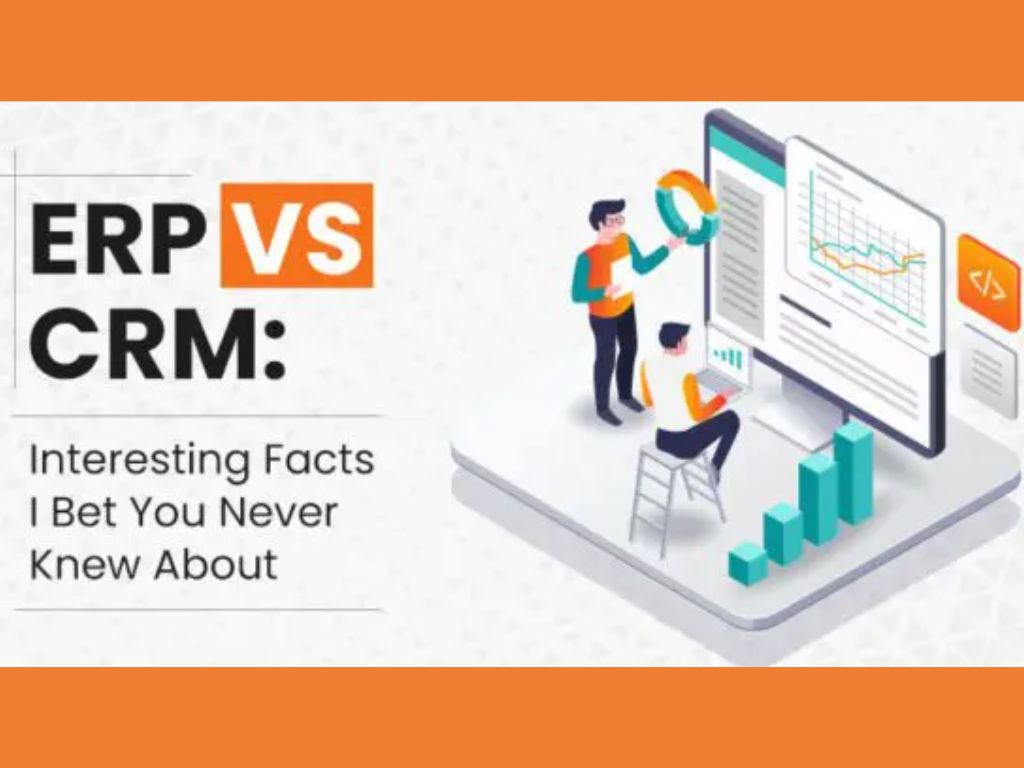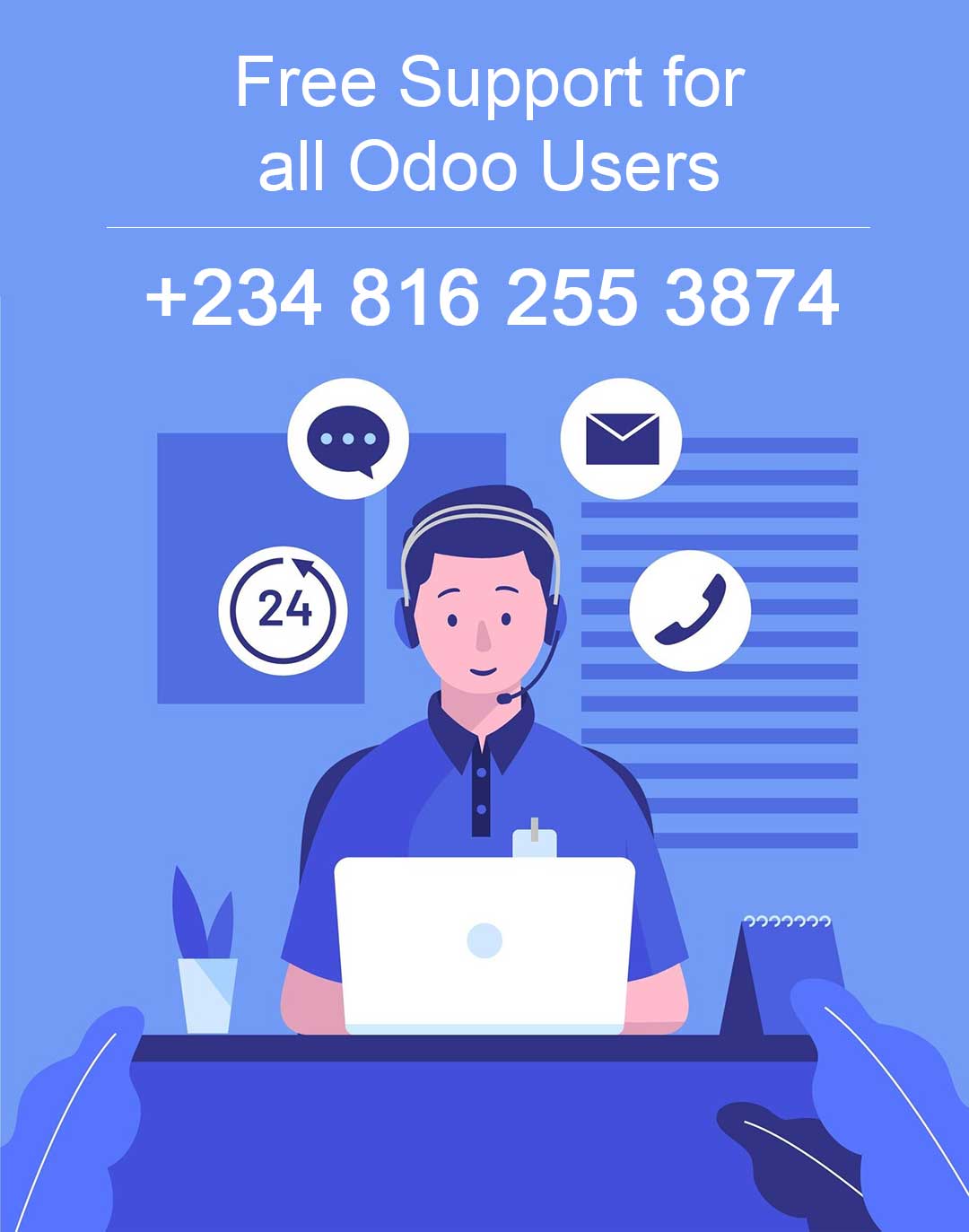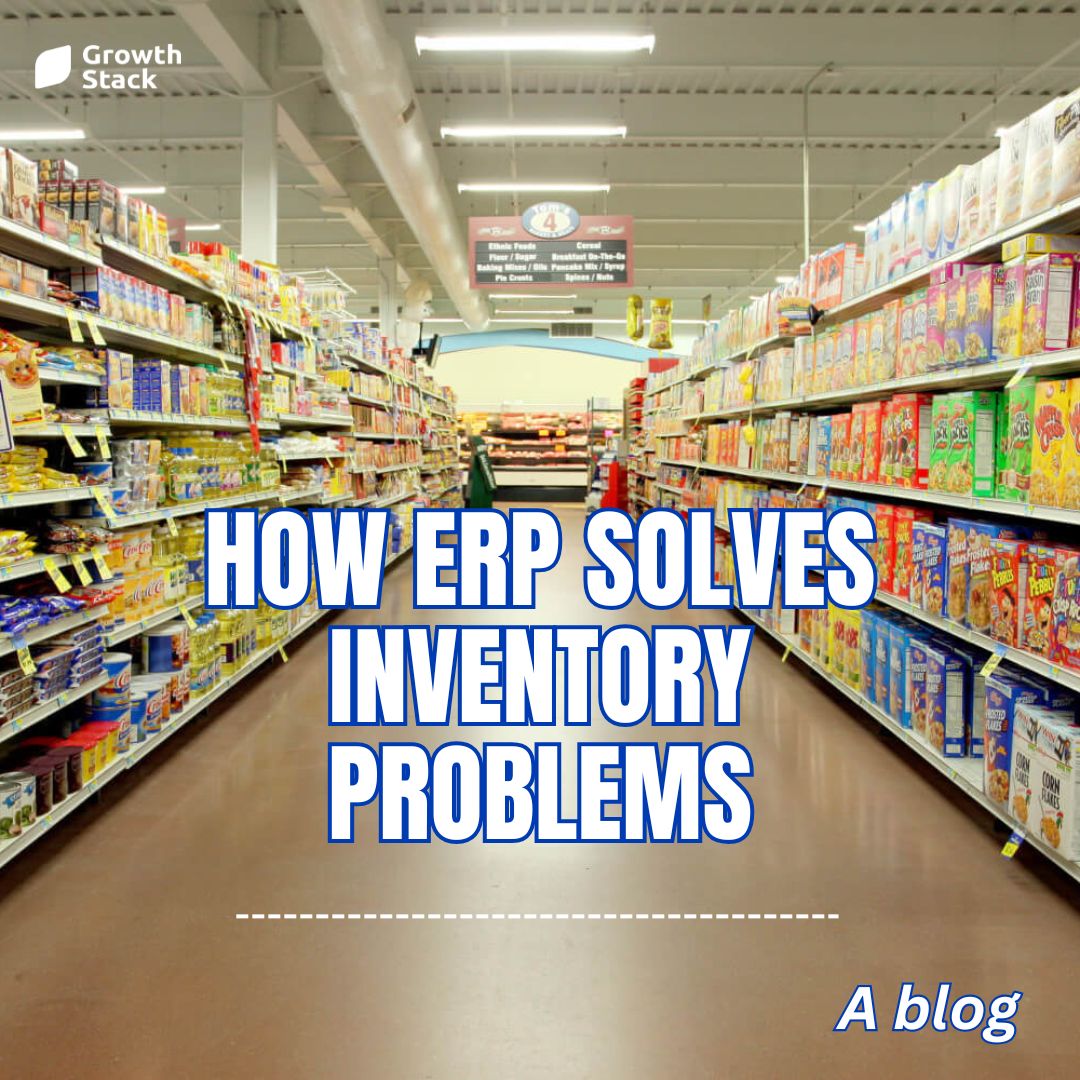Introduction:
Two strong systems frequently come into play in the field of commercial software solutions: Enterprise Resource Planning (ERP) and Customer Relationship Management (CRM). While both ERP and CRM systems are important in improving business operations and consumer relations, they serve distinct functions. In this post, we will look at the contrasts and synergies between ERP and CRM, and how they can work together to promote corporate success.
Understanding ERP:
ERP software manages and automates a variety of internal business functions, including finance, procurement, inventory management, manufacturing, and human resources. It unifies data and procedures across departments, resulting in a consolidated platform for streamlining operations, optimizing resource allocation, and increasing overall efficiency. ERP systems allow businesses to manage and monitor internal procedures, guaranteeing smooth communication between departments.
Unveiling CRM:
CRM software, on the other hand, is focused on managing customer interactions and relationships. It includes sales, marketing, and customer service operations that aid in client acquisition, retention, and satisfaction. CRM systems collect and analyze client information, track interactions, handle leads, and enable targeted marketing efforts. They allow businesses to improve consumer engagement, provide greater customer experiences, and ultimately drive revenue growth.
Key Differences:
The fundamental distinction between ERP and CRM is seen in their focus areas. CRM focuses on outward customer-facing activities, whereas ERP focuses on internal operations and processes. ERP systems handle inventory management, supply chain optimization, and financial reporting. CRM systems, on the other hand, manage sales pipelines, analyze client data, and provide customer assistance.
Synergies and Integration:
Despite the fact that ERP and CRM systems have separate basic functionality, they can considerably benefit from integration and work together to generate better business outcomes. Organizations can gain a comprehensive perspective of their operations and customers by connecting ERP and CRM solutions. For example, sales teams can use real-time inventory data from the ERP system to give customers with realistic delivery predictions. Similarly, with CRM data integration, finance departments can acquire insights into customer purchasing patterns and preferences.
Better Data Flow and Decision Making:
Integrating ERP and CRM systems enables seamless data flow between functional domains, removing data silos and improving data accuracy. This integrated strategy enables firms to make well-informed decisions based on complete and up-to-date data. Marketing teams, for example, might use ERP data on client purchase history to customise promotional efforts in the CRM system, resulting in more effective targeting and more sales.
Customer Service Improvement:
When ERP and CRM systems work together, customer service can be dramatically improved. Customer data and order history from the CRM system are integrated with the ERP system, allowing customer service agents to reply swiftly to enquiries, offer correct product information, and efficiently manage returns or exchanges. This connection enables businesses to provide greater client experiences, increasing loyalty and happiness.
Conclusion:
While ERP and CRM systems perform distinct functions within a business, they are not mutually exclusive. Understanding the distinctions and synergies between ERP and CRM is critical for maximizing their combined strength. Organizations can achieve smooth data flow, improve decision-making, increase customer service, and drive corporate success by combining ERP and CRM systems. Accept ERP and CRM collaboration to realize the full potential of your organization’s internal operations and customer interactions.










